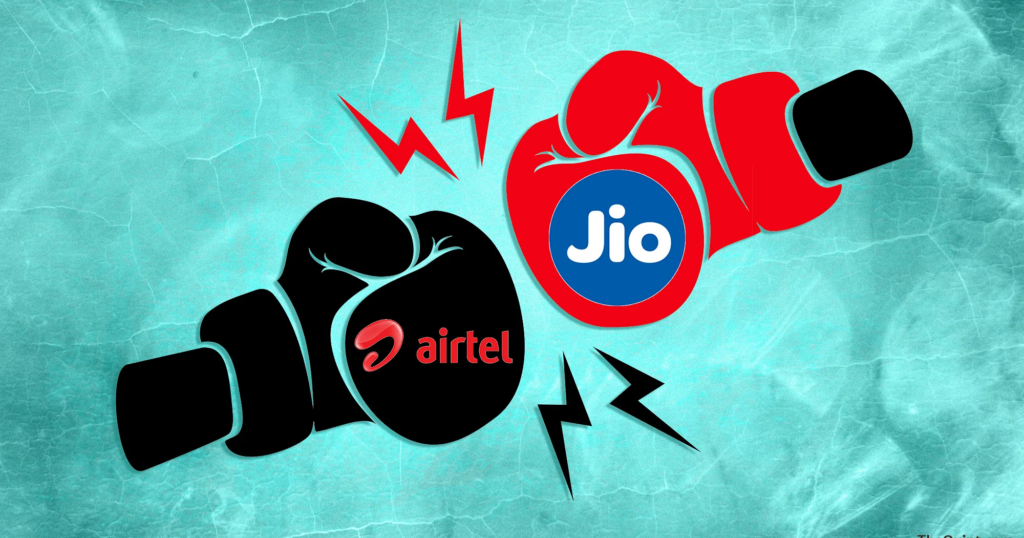
In a significant move that could reshape the landscape of India’s telecommunications and broadband sector, Elon Musk has voiced his support for India’s decision to allocate spectrum for satellite broadband services. This development comes as a major win for Starlink, Musk’s satellite internet company, and could pose a challenge to the dominance of local telecom giants like Jio and Airtel.
The decision has far-reaching implications, not just for the space industry but for the entire telecommunications sector in India, which is one of the fastest-growing broadband markets in the world. Let’s break down the key points of this news and explore what it means for all the players involved.
1. India’s Spectrum Allocation for Satellite Broadband
The Indian government recently approved the allocation of a portion of the country’s spectrum specifically for satellite broadband services. This move aims to provide high-speed internet access to rural and remote areas of India, where traditional terrestrial broadband infrastructure has been slow to reach. Satellite broadband, using a network of Low Earth Orbit (LEO) satellites, offers the potential to provide global coverage with minimal ground-based infrastructure.
The allocation of this spectrum opens the door for satellite internet companies like Starlink, which aims to provide fast and affordable broadband to underserved regions, particularly in rural and remote parts of India.
2. Elon Musk’s Support for Starlink in India

Elon Musk, through his company SpaceX, has been actively working to deploy Starlink‘s constellation of low-orbit satellites. Musk has made it clear that his goal is to provide affordable and fast satellite broadband to underserved and unconnected areas, and India represents a huge market in that vision.
Musk’s backing of the spectrum allocation is a strategic move that will give Starlink a competitive edge in the growing satellite broadband market in India. Starlink has already begun beta testing its services in some parts of India and has been actively seeking regulatory approval to expand its reach. The spectrum allocation will allow Starlink to operate legally in the country and roll out its services to millions of potential customers, particularly in rural areas where traditional broadband providers have limited presence.
3. Implications for Jio and Airtel

For India’s two largest telecom players, Jio and Airtel, the rise of satellite broadband poses a potential disruption to their market share and business models. Both companies have heavily invested in 4G and 5G networks to expand their reach and offer high-speed internet services across the country. However, satellite broadband offers several advantages, especially in rural and remote areas, where laying down physical cables for 4G or 5G infrastructure can be costly and time-consuming.
- Jio: Owned by Reliance Industries, Jio is India’s largest telecom operator, with a vast 4G network that serves urban and semi-urban areas. However, Jio’s rural market expansion has been limited by infrastructure challenges. Satellite broadband could enable faster internet penetration in these underserved regions, potentially competing directly with Jio’s own broadband offerings.
- Airtel: Bharti Airtel, another telecom giant, has also made significant investments in expanding its broadband network across India. Airtel has been focusing on rolling out 4G and 5G services to urban areas, but its reach in rural India remains limited. If satellite broadband services like Starlink are able to deliver internet in hard-to-reach areas more efficiently, Airtel’s rural customer base could be at risk.
Both companies have the technological infrastructure and financial backing to adapt to this challenge, but satellite broadband could put pressure on their ability to capture new customers in areas that have long been underserved.
ALSO READ :- https://virenbrew.com/top-10-best-residential-properties-in-the-world-ever/
4. The Rise of Satellite Broadband: A New Era of Connectivity
Satellite broadband has the potential to revolutionize internet access in countries like India, where rural areas often struggle with connectivity. The Indian government’s decision to allocate spectrum for satellite broadband services is a forward-thinking move that aligns with the country’s growing demand for high-speed internet, especially in regions that are traditionally disconnected from the digital economy.
While Starlink stands to gain the most from this policy change, other players in the satellite industry, such as Amazon’s Project Kuiper, could also enter the Indian market in the near future, intensifying competition. However, the biggest challenge for satellite broadband companies will be pricing. While they may have an edge in terms of coverage, affordability and competitive pricing will be crucial in attracting mass-market adoption, especially in price-sensitive markets like India.
5. Will Jio and Airtel Adapt?
The rise of satellite broadband could force Jio and Airtel to rethink their strategies in the rural broadband market. Both companies have been focused on expanding 4G and 5G infrastructure, but satellite broadband could offer a more cost-effective and faster solution to reach remote areas. This could lead to a shift in the market dynamics as satellite companies like Starlink challenge traditional players to evolve.
In response, it is likely that Jio and Airtel will explore partnerships with satellite broadband providers or consider developing their own satellite capabilities to remain competitive. The 5G rollout could also be used strategically to complement satellite broadband in urban areas, creating a hybrid model for the future of broadband connectivity.
Conclusion: A New Era of Competition
Elon Musk’s backing of India’s satellite broadband spectrum allocation marks the beginning of a new chapter in the country’s internet connectivity story. For Starlink, this is a significant opportunity to expand its reach, particularly in rural areas where traditional broadband has struggled to penetrate.
For Jio and Airtel, this represents a new competitive threat that could disrupt their growth strategies in the broadband sector. While these telecom giants have the infrastructure and resources to adapt, the rise of satellite broadband will undoubtedly force them to innovate and compete in new ways.
As India continues to evolve into a digital powerhouse, the coming years will be crucial for both satellite and traditional telecom companies, as they race to dominate the broadband market and connect the next billion people.
Follow us on INSTAGRAM – https://www.instagram.com/virenbrew/
Follow us on TWITTER (X) – https://x.com/VIRENbrew
Follow us on LINKEDIN – https://linkedin.com/in/viren-brew-230415328/
Follow us on FACEBOOK – https://www.facebook.com/profile.php?id=61565127137999
Follow us on YOUTUBE – https://www.youtube.com/@VIRENbrew

No responses yet